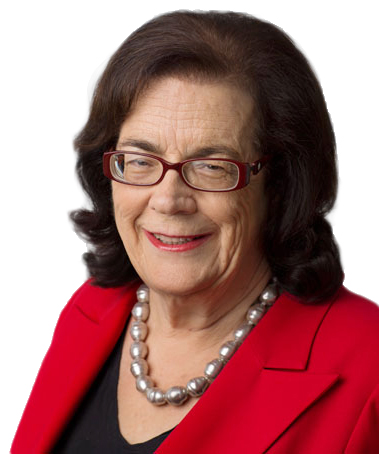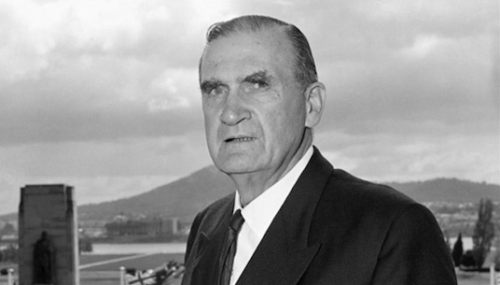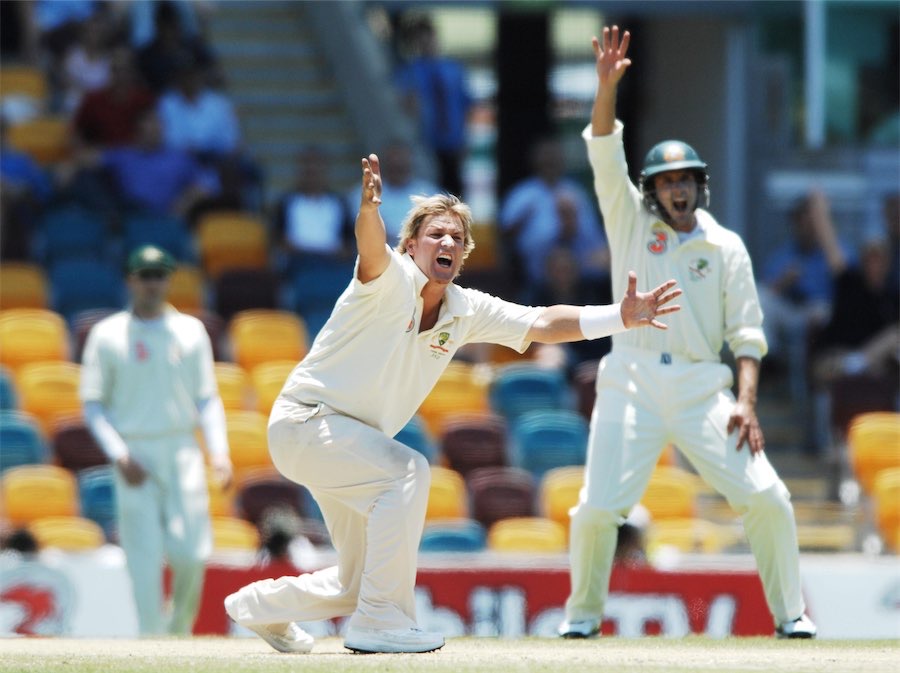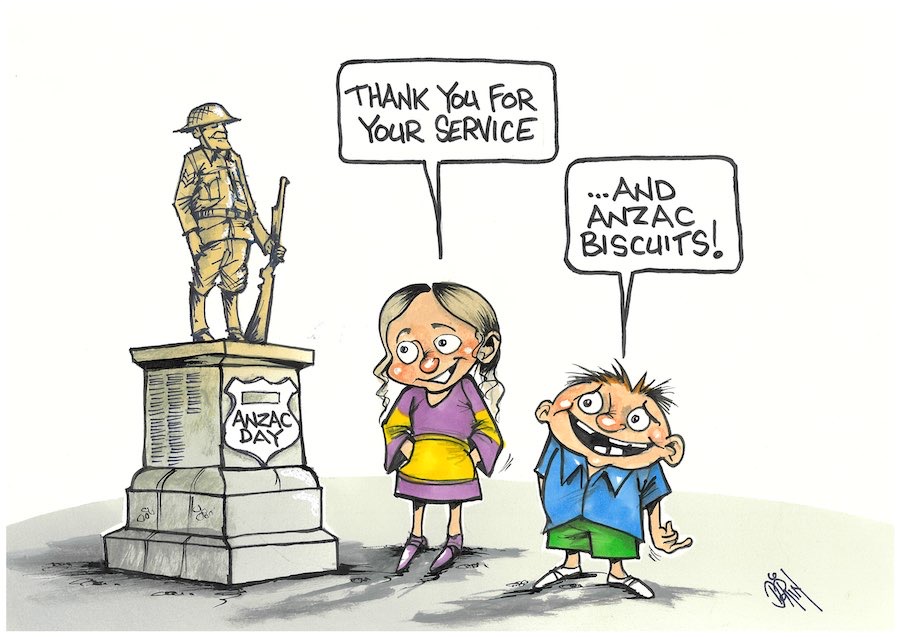THOSE looking for signs before Saturday that Labor was on track for government might have found one, beyond the polls, in what could seem an unexpected quarter.

The weekend results, in particular the way they’re being read, haven’t only confirmed Labor’s trajectory but in doing so, have given the opposition, and Bill Shorten especially, a huge confidence boost.
Poll analyst Peter Brent points out, in relation to Longman and Braddon, how prior expectations have influenced post-event interpretations. “The unexceptional results — on the low side of swings to oppositions — were made to look exceptional by the opinion polling, which allowed the media and party insiders to whip themselves into a lather of expectation that the Coalition would probably take one, maybe both. … Against these anticipations, the opposition leader looks like a miracle maker and a vote magnet,” Brent writes on the Inside Story site.
But even taking into account this reality check, Labor can be satisfied its messaging – focusing on health, education, fighting inequality, opposing tax cuts for the largest companies – is hitting the right spot. And the delivery of that messaging has for the most part been effective, despite Shorten’s unpopularity.
On the old adage of “winners are grinners”, there’s nothing Malcolm Turnbull can say about these results that will cut through at the moment.
“Bill Shorten is punching the air as though he’s won the World Cup. The reality is that the Labor Party has secured an average or conventional swing in a byelection to it in Longman and has not secured any swing at all in Braddon.” Turnbull said on Sunday, and, “I have always said that history was against us”.
The fact remains, however, that Turnbull tried very hard in seats the government thought it was possible to win, and he failed. He did talk down expectations, but not far enough. And he had admitted byelections are “a test of leaders” among other things.
In contrast with Labor, Turnbull and his ministers face tough decisions about policy and approach.
Labor’s line “stop giving big banks a tax cut, and start funding our schools and hospitals” resonates. So if, as expected, the Senate remains opposed to those company tax cuts in the spring session, does Turnbull take them to the election, or dump them?
The obvious answer might seem, jettison them. But whether that’s the best answer is more complex. After more than two years of spruiking them as vital, it would make Turnbull look (to borrow an Abbottism) the ultra weather vane. And the voters wouldn’t necessarily be convinced – Labor would say, “he’ll bring them back after the election”.
Asked whether the government’s policies needed to change, Turnbull said on Sunday: “We will look very seriously and thoughtfully and humbly at the way in which the voters have responded” while also saying byelections “have special characteristics”. As to whether he’d take the company tax cuts to the election if necessary: “We are committed to ensuring Australia has a competitive company tax rate”.
More generally, although the Coalition has been improving a little in the national polls while still behind Labor, Turnbull still isn’t finding the right pitch and tone when talking to the electorate.
Before the 2016 election it was all positive – innovation, agility, the age of excitement. That didn’t wash with a lot of people. More recently, he’s taken to hurling insults at Shorten, branding him a serial liar. Even on Friday, when Shorten wasn’t on the hustings, leaving his candidates maximum opportunity to talk to voters at the pre-poll places, Turnbull claimed the opposition leader was in hiding. It was childish. The story from Turnbull’s own campaigning in Longman that day was about a woman having a go at him.
Volatile Queenslanders deliver conservative leaders the bluntest rebukes.
In March 2001 Ryan voters gave John Howard, still struggling with the GST backlash, a mighty kick. The government lost that byelection; the Liberal primary vote fell 7 points (the Coalition vote in Longman is down 9 points). Howard had already made some policy adjustment in anticipation of the drubbing. Later he retained the Victorian seat of Aston in a July byelection and went on to win the general election that year.
The Howard government’s various efforts, including its budget, helped the turnabout, and so (greatly) did unforeseen events (the Tampa affair, and the September 11 attacks). Turnbull can’t expect the unexpected, and he’s a less canny politician than Howard.
For the 2019 election, the state of Queensland is chocker with marginal Coalition seats (including that of Home Affairs Minister Peter Dutton).
The byelections have underlined the folly of running horses unsuitable for courses. In Longman the LNP’s “Big Trev” Ruthenberg was a big target, even before the controversy over his defence medal. When he was preselected Labor rubbed its hands at an opponent who’d been an MP in the unpopular Newman state government.
In Mayo the Liberals staged their own Dynasty episode, importing from Victoria Georgina Downer, daughter of the seat’s one-time occupant, former foreign minister Alexander Downer. It was a serious misjudgement about how to campaign against a popular crossbencher.
The ABC’s Antony Green has tweeted that “it didn’t matter who the Liberal candidate was – they were not going to defeat Rebekha Sharkie. It was only a matter of whether the Liberal sacrificial lamb would put up a fight on the way to the altar or not”. By choosing Downer, rather than a strong local, the Liberals were ignoring the vibe of the electorate.
Now they seem set on letting Downer have another go, at the general election.
The high primary vote for Sharkie in Mayo (45%), the substantial vote for One Nation in Longman (16%), and the notable support for an independent, Craig Garland, in Braddon (11%) are all manifestations of the strength of the protest vote against the large parties.
People are angry about their own circumstances and about the politicians; they’re distrustful and alienated. It should be said these voters comprise different streams. One Nation supporters in Longman may have little in common with Sharkie supporters in Mayo. But they share a desire to say “up you” to the major parties.
Super Saturday hasn’t changed the numbers in the House of Representatives, or in the Coalition party room. There is no indication it will stoke a threat to Turnbull’s leadership.
But it has undermined the Prime Minister’s authority, which was rebuilding. As he tries to deliver on energy and in other key areas, Turnbull’s party enemies and critics will be encouraged in their attacks – over the National Energy Guarantee, immigration and the like. They will inflict more scars on his hide. And others in his ranks, simply worried about their seats, will be restless. We’ll see in coming months whether all this shifts policy.
Michelle Grattan is a professorial fellow at the University of Canberra. This article was originally published on The Conversation.
Who can be trusted?
In a world of spin and confusion, there’s never been a more important time to support independent journalism in Canberra.
If you trust our work online and want to enforce the power of independent voices, I invite you to make a small contribution.
Every dollar of support is invested back into our journalism to help keep citynews.com.au strong and free.
Thank you,
Ian Meikle, editor




Leave a Reply